‘There will be a cost if the west no longer uses troops to overthrow tyrants’
Your digest of analysis and commentary from the British and international press
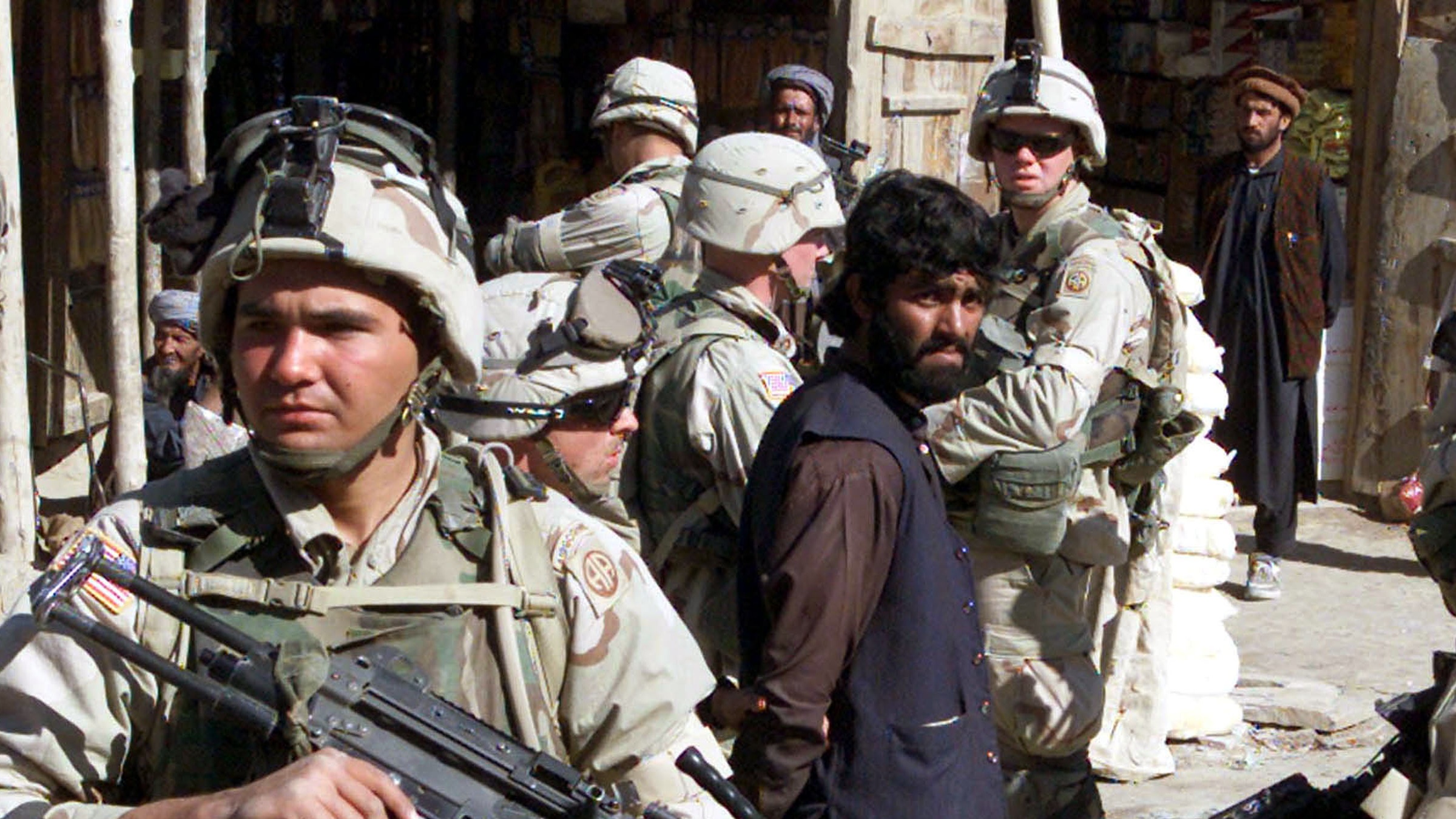
A free daily email with the biggest news stories of the day – and the best features from TheWeek.com
You are now subscribed
Your newsletter sign-up was successful
1. Western powers have failed as nation builders
Max Hastings in The Times
on mission unaccomplished
“A hoary old joke ran: what if they had a war, and nobody came?”, writes Max Hastings in The Times. But “as the western powers prepare to quit Afghanistan next month, that question is getting serious”. Joe Biden “defied his generals to announce that the US is abandoning a generation-old commitment”, Hastings says. “Most of his compatriots applaud, and the new Taliban offensive in the north is unlikely to change anyone’s mind.” Meanwhile, France is “souring on its long mission in the Sahel” and “the current British government lacks enthusiasm for foreign wars, as do many of its people.” Since 2000, western powers have intervened around the world “to prop up sympathetic local governments and promote stability” and “deny Islamic militants havens from which to attack us”. But “in neither purpose have they achieved durable success”. “Our governments often meant well when they dispatched the Marines or Paras to far-flung places,” Hastings adds. But “there will be a cost if western troops are no longer available to support struggling democratic regimes or overthrow tyrants.”
The Week
Escape your echo chamber. Get the facts behind the news, plus analysis from multiple perspectives.

Sign up for The Week's Free Newsletters
From our morning news briefing to a weekly Good News Newsletter, get the best of The Week delivered directly to your inbox.
From our morning news briefing to a weekly Good News Newsletter, get the best of The Week delivered directly to your inbox.
2. During Covid, to be ‘vulnerable’ is to be told your life doesn’t matter
Frances Ryan in The Guardian
on ‘at-risk’ groups
“Who do we not save?” Reflecting on the words written on a blackboard in No. 10 in a photograph shared by Dominic Cummings, Frances Ryan writes in The Guardian that “these five words… say much about this government’s catastrophic handling of the pandemic and the real value it places on the so-called most vulnerable people”. Despite Matt Hancock’s promise to “throw a ring of protection around care homes” and Boris Johnson’s thanks for the “sacrifice” of at-risk individuals shielding, the “reality” was that “these were the very people who would disproportionately go on to die”, she says. “It would be easy to assume these deaths were largely owing to pre-existing health conditions, but they were as much a matter of pre-existing inequalities.” ONS data shows “disabled people’s deaths from Covid are linked to poverty and cramped housing, as well as unequal access to healthcare”. “The truth is, disabled and older people were not ‘vulnerable’ to the virus simply because of their health or age”, she adds. “They were vulnerable because the government did not bother to keep them safe.”
A free daily email with the biggest news stories of the day – and the best features from TheWeek.com
3. Why Labour won’t win back Britain
Will Lloyd on Unherd
on fixing potholes
“In the summer of 2017 to be Labour was very heaven”, writes Will Lloyd on Unherd. The party lost the general election, but “appeared to have everything else: youth, juice, ideas, memes and strident forward-motion”. “Labour was not in office, but it was in power.” So what happened? “Here we are, barely the length of a parliament later” and the politics of Jeremy Corbyn’s Labour are “entombed, buried deep beneath the political firmament like nuclear waste”. Meanwhile, “His replacement as Labour leader has less charisma than a long video of Iain Duncan Smith doing a jigsaw puzzle”. The party’s problem may lie in the way ex-Labour leaders like Gordon Brown and Ed Miliband “dredge up… global solutions to global problems” rather than thinking about how to fix Labour. “Where is Labour now? In the same place they were in 1964”, says Lloyd, when Perry Anderson said they were in an “isolated, spot-lit enclave, surrounded on every side by hostile territory”. Instead of pontificating about “how to fix the world”, perhaps Labour’s senior figures would be better served “trying to fix a pothole”.
4. Who’s Merkel kidding with her Brexit-phobic quarantine policy?
Eliot Wilson in The Telegraph
on pandemic diplomacy
Angela Merkel “is trusted and respected” by Germans, with a “reputation for calm, cautious, rational governance”, writes Eliot Wilson in The Telegraph. Given this, “her call for a widespread system of quarantine must be evidentially based”. “The measures Mrs Merkel has introduced for Germany might suggest she is being innocently cautious”, he continues, “given the relatively low vaccination rates”. But a “sceptic” may be beginning to wonder whether she has “an ulterior motive”. “Might the B-word be flitting through her mind?” The German chancellor has “three months left in the chancellery in Berlin’s leafy Tiergarten”, raising the suspicion that “perhaps she has girded herself for one last effort, one final push of her shoulder against the wheel to make sure we remember what we have lost”. “Forcing UK travellers to any EU country to quarantine would have a sharp effect on outbound tourism”, he adds. But “politics is a rough game, sometimes an underhand one, and Merkel has been playing it for a long time”.
5. Now we know: The #FreeBritney movement was right all along
Chris Stevenson in The Independent
on vindicated fans
Throughout Britney Spears’ battle against conservatorship, “there has been one group that has stood by the singer for years, the #FreeBritney movement – made up of Britney's fans”, writes Chris Stevenson in The Independent. “Speculation about how Spears feels about the conservatorship has existed for years”, he adds, “with supporters going through her social media output for any possible clues”. And after her court appearance yesterday, “one thing is now clear – that movement was right”. “There can no longer be any doubt, or speculation, about how Britney feels over the conservatorship. Her words have been clear – as she meant them to be.” “They may be vindication for the #FreeBritney movement”, he adds. “But supporters will likely just be glad that the singer has been able to have her say.”
-
 How the FCC’s ‘equal time’ rule works
How the FCC’s ‘equal time’ rule worksIn the Spotlight The law is at the heart of the Colbert-CBS conflict
-
 What is the endgame in the DHS shutdown?
What is the endgame in the DHS shutdown?Today’s Big Question Democrats want to rein in ICE’s immigration crackdown
-
 ‘Poor time management isn’t just an inconvenience’
‘Poor time management isn’t just an inconvenience’Instant Opinion Opinion, comment and editorials of the day
-
 ‘Irony’ as Zoom calls staff back to office
‘Irony’ as Zoom calls staff back to officefeature And other stories from the stranger side of life
-
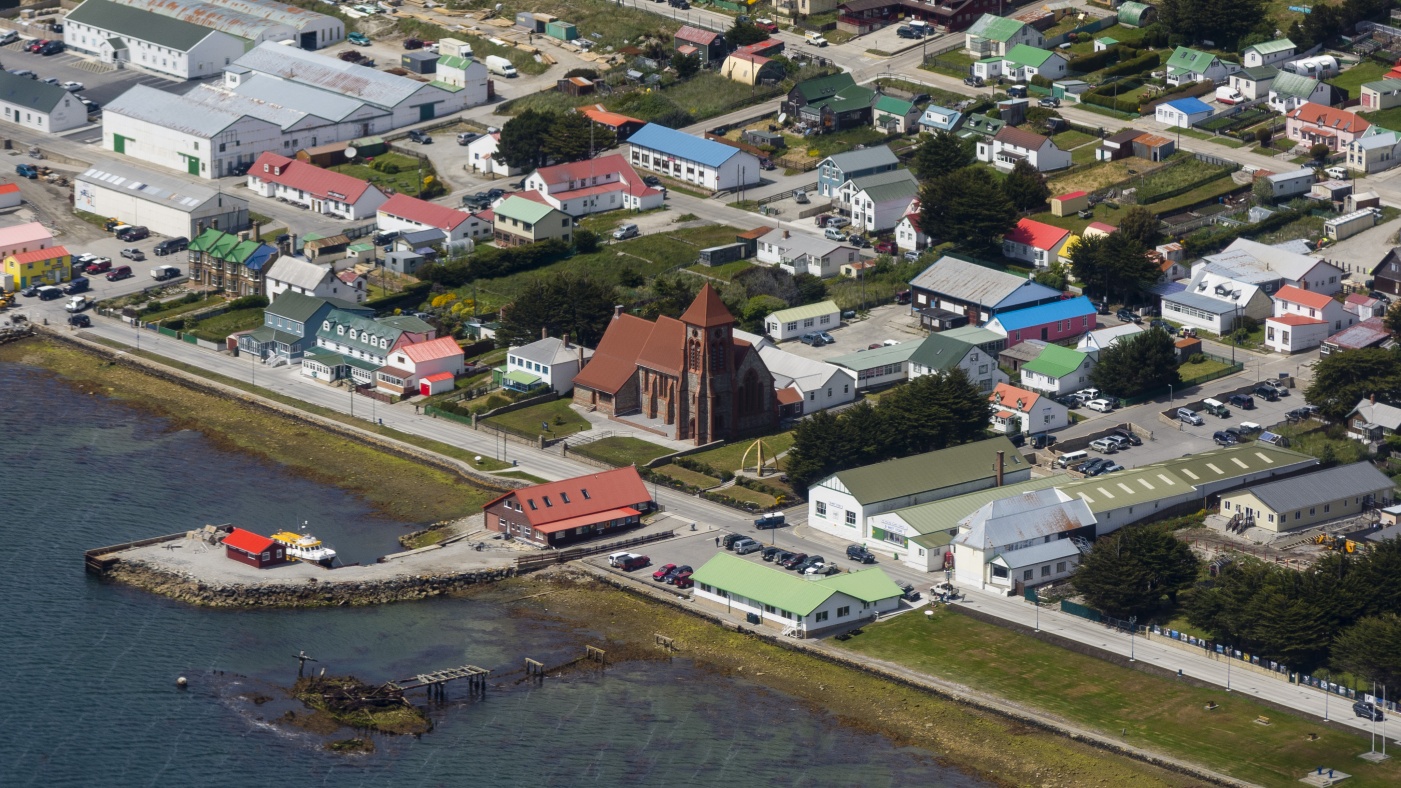 ‘Islas Malvinas’ and the new battle over the Falklands
‘Islas Malvinas’ and the new battle over the FalklandsTalking Point Argentina scores ‘major diplomatic win’ as EU refers to British territory by its disputed name
-
 The U.S. veterinarian shortage crisis
The U.S. veterinarian shortage crisisSpeed Read With an anticipated shortage of 15,000 vets by 2030, it will be harder to get care for pets
-
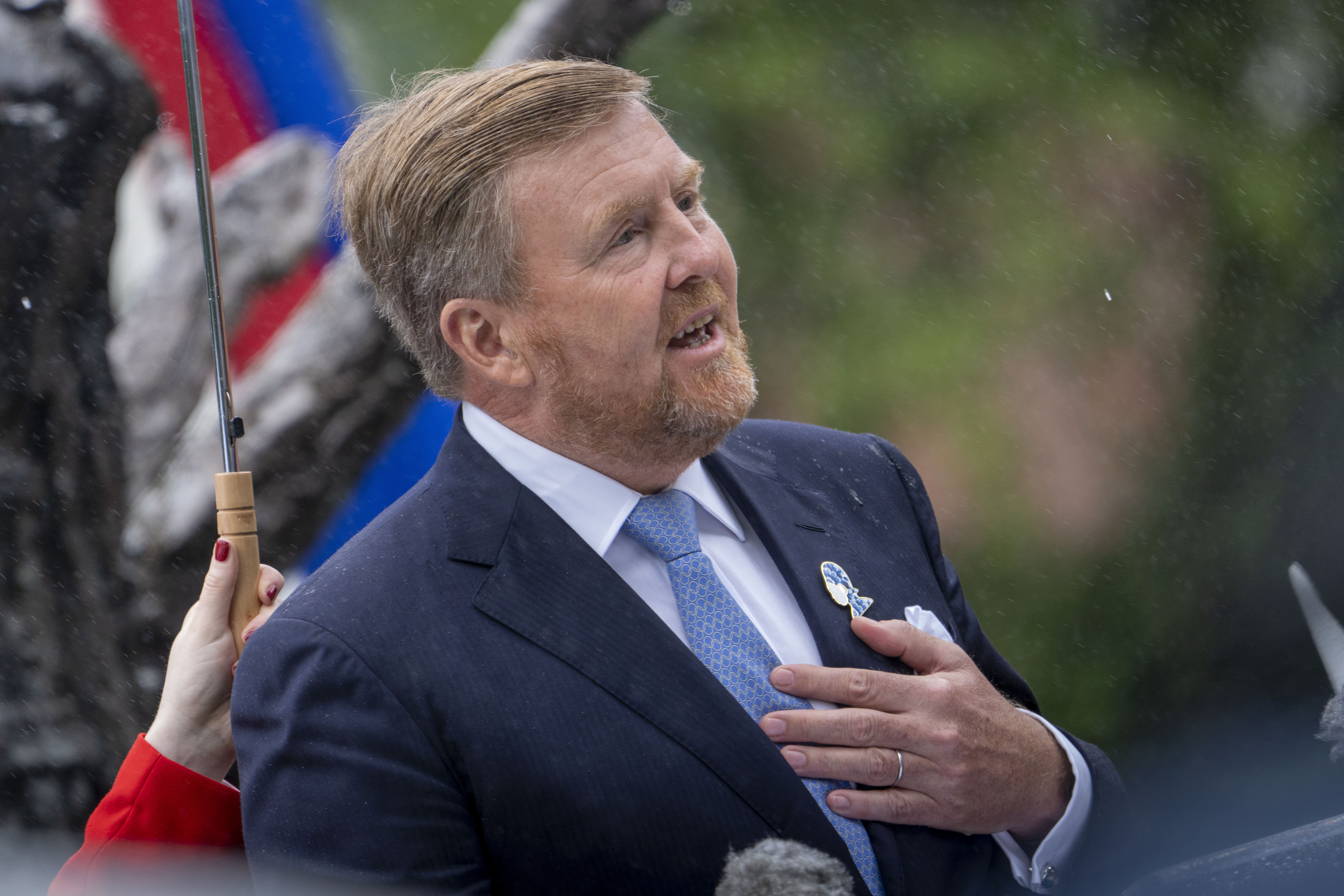 Dutch king apologizes for country's role in slave trade
Dutch king apologizes for country's role in slave tradeSpeed Read
-
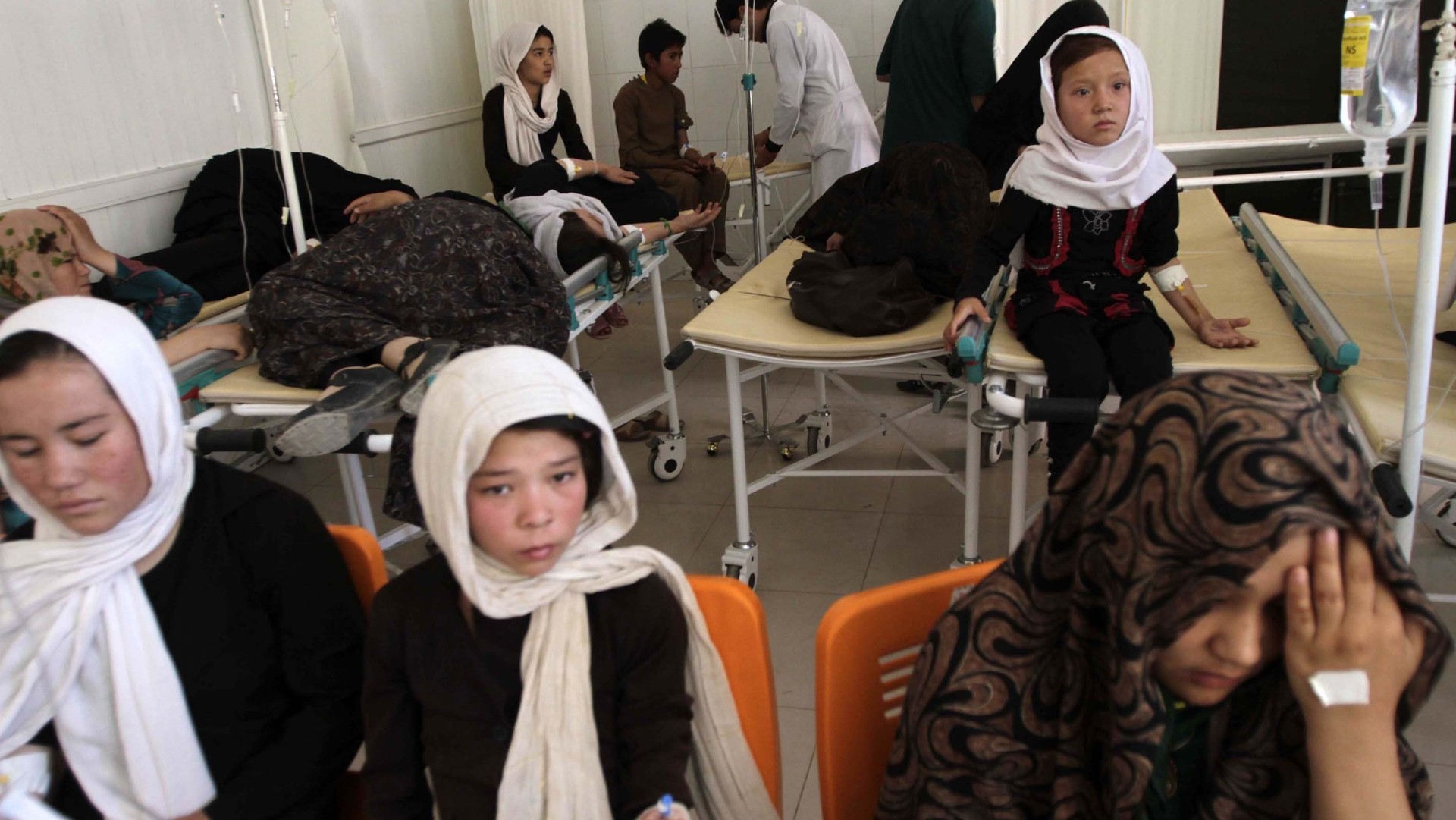 ‘We should be scared’: the poisoning of schoolgirls in Afghanistan
‘We should be scared’: the poisoning of schoolgirls in Afghanistanfeature Children hospitalised in allegedly deliberate mass attacks is latest in series of incidents going back decades
-
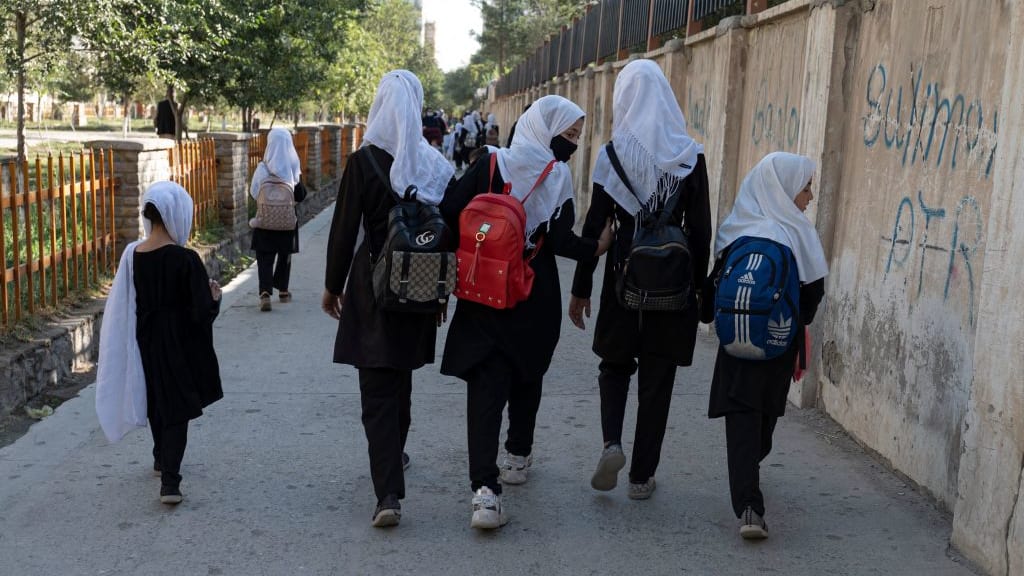 Officials believe dozens of girls in Afghanistan were deliberately poisoned at school
Officials believe dozens of girls in Afghanistan were deliberately poisoned at schoolSpeed Read
-
 Company teaches mask-wearers to smile again
Company teaches mask-wearers to smile againfeature And other stories from the stranger side of life
-
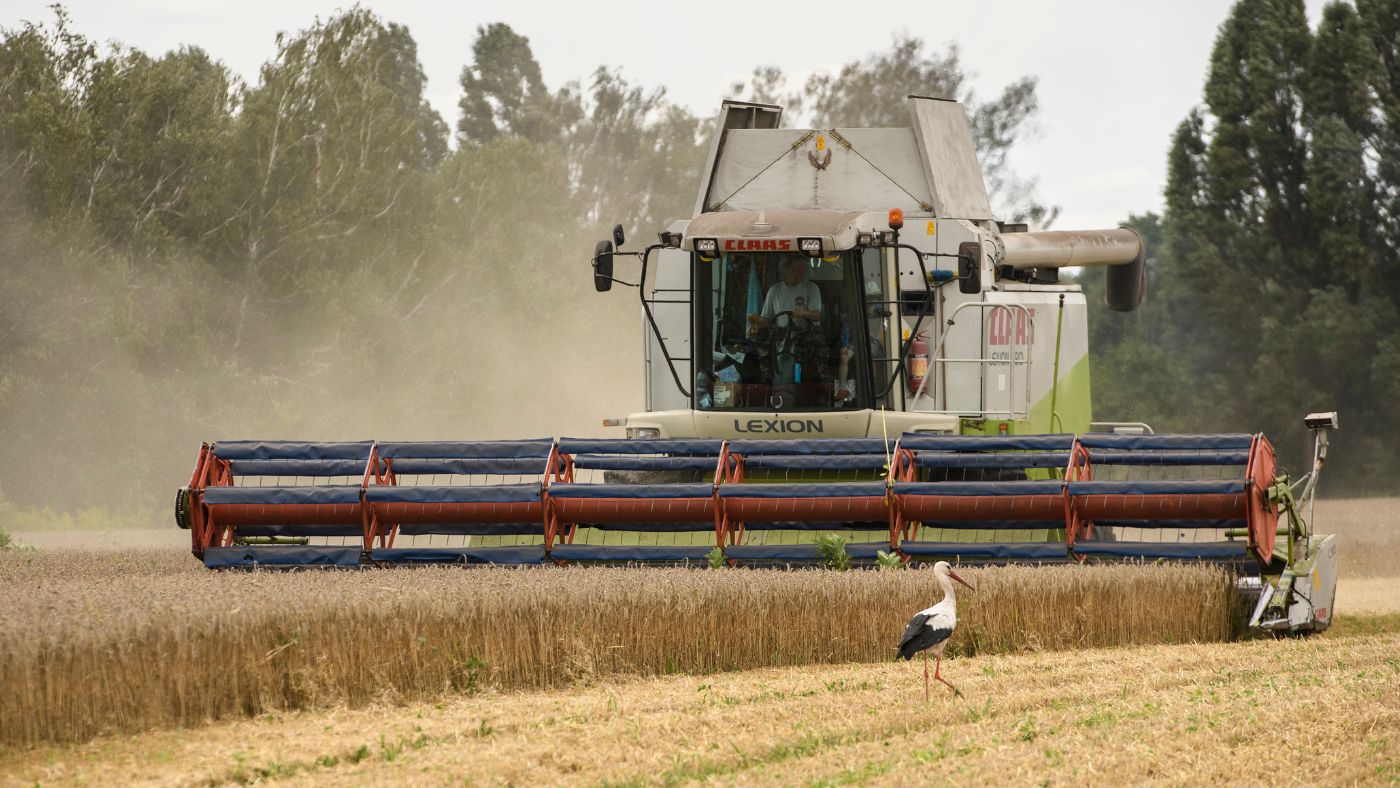 Ukrainian grain: rousing the fury of east Europe’s farmers
Ukrainian grain: rousing the fury of east Europe’s farmersfeature Three Eastern European countries have banned grain imports from the war-torn country